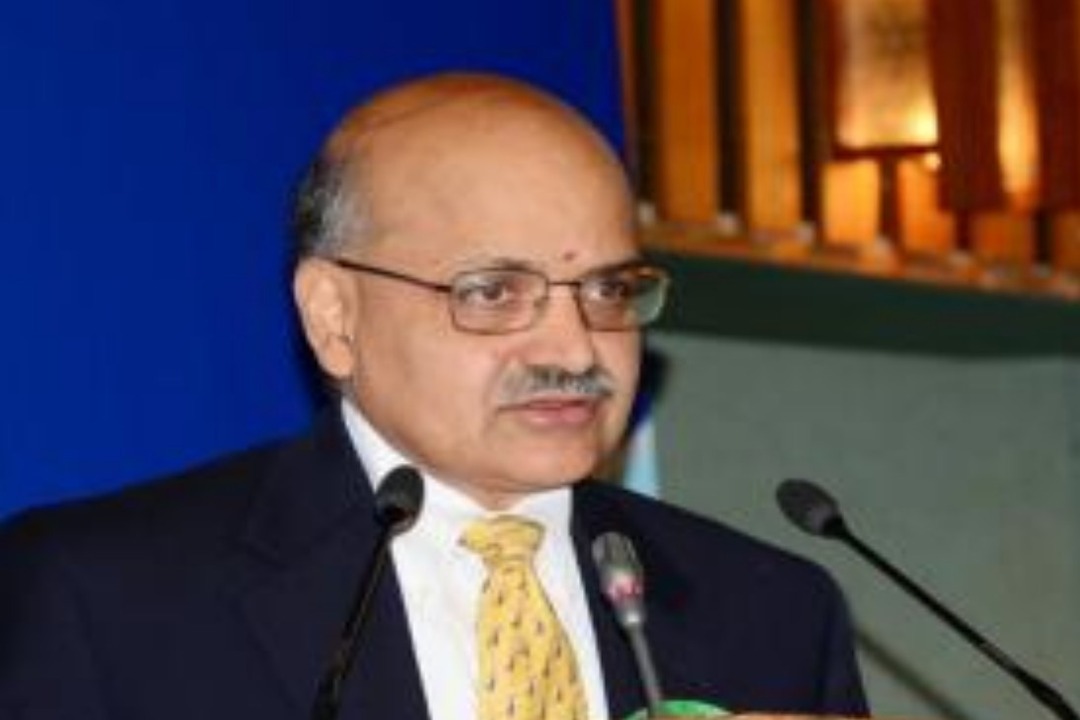At an event on Wednesday, NITI Aayog CEO B V R Subrahmanyam reiterated India’s strong commitment to pursuing climate-friendly growth while acknowledging that fossil fuels continue to play a significant role in driving the nation’s economic progress. He emphasized that although India is actively working toward a green energy transition, the reality is that the country’s economic growth will still rely on fossil fuels in the immediate future.
Subrahmanyam highlighted that achieving sustainable development goals, especially those related to climate change, cannot be solely reliant on market forces. He pointed out that “markets alone cannot solve the problem of climate change,” signaling the need for more comprehensive and coordinated efforts, including government action, to address the climate crisis.
The NITI Aayog CEO also shed light on the organization’s collaboration with Indian states to develop a detailed roadmap for the transition to green energy. This initiative aims to establish a clear pathway toward achieving India’s net-zero carbon emissions target by 2070.
“NITI Aayog is working with states in developing a roadmap for energy transition, and we will release a document in November,” Subrahmanyam announced, underscoring the importance of a coordinated approach between central and state governments to ensure a smooth transition to sustainable energy.
India, according to Subrahmanyam, is on track to meet its climate objectives outlined in the 2015 Paris Agreement. He reaffirmed the country’s commitment to reaching net-zero emissions by 2070, despite the fact that India contributes less than 4 percent of global carbon emissions. He added, “India is one of the few countries on track to meet its climate targets under the Paris Agreement.” This demonstrates India’s dedication to addressing global warming, even as it grapples with its economic needs.
As part of its Nationally Determined Contributions (NDCs) under the Paris Agreement, India has set ambitious goals to limit global warming to 1.5 degrees Celsius. One of the key components of this commitment is achieving 500 GW of non-fossil fuel-based electricity generation capacity by 2030, which will significantly reduce the country’s dependence on carbon-intensive energy sources.
Subrahmanyam also highlighted that the government remains deeply committed to increasing climate finance, even though India’s per capita energy consumption is currently only half of the global average. He expressed optimism that climate change could provide an opportunity for India to emerge as a global leader in green technology and innovative growth models related to sustainability.
However, the CEO pointed out that Indian states still face challenges in developing green projects. He noted that many states “do not know how to generate green projects,” signaling the need for greater support and guidance at the state level to ensure successful implementation of green initiatives across the country.








